Author: Douglas Kronaizl
-
A closer look at historical margins of victory in Boomerang and Retained Pivot Counties
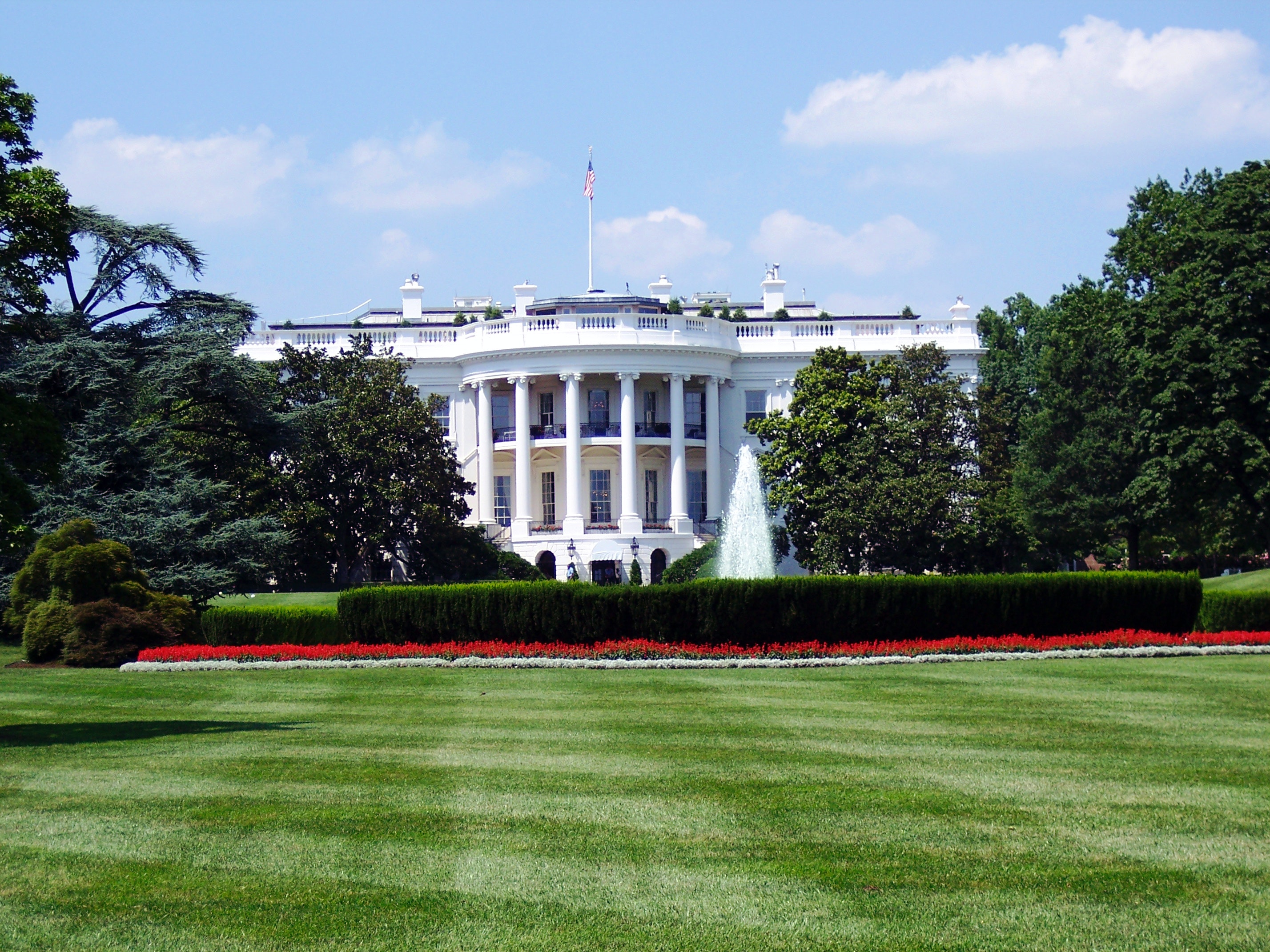
Following the 2016 presidential election, there were 206 Pivot Counties that voted for Barack Obama (D) in 2008 and 2012 before voting for Donald Trump (R) in 2016. Based on unofficial 2020 results, there were 22 Boomerang Pivot Counties, which flipped to Joe Biden (D), and 174 Retained Pivot Counties, which voted for Trump again.…
-
Former Ohio House Speaker Larry Householder wins re-election

Incumbent Larry Householder (R) defeated four write-in candidates—Marci McCaulay (D), Jay Conrad (R), Robert Leist (L), and Kaitlyn Clark (I)—in the general election for Ohio's House of Representatives District 72. Householder ran unopposed in the April 28 Republican primary. On July 21, 2020, after the filing deadline for additional candidates to appear on the ballot,…
-
Analyzing margins of victory in the 206 Pivot Counties nationwide

Voters in 206 Pivot Counties across the country backed Barack Obama (D) in 2008 and 2012 and Donald Trump (R) in 2016. How did these counties vote in 2020? We have split the Pivot Counties into two categories based on the unofficial results: Retained Pivot Counties, which voted for Trump again in 2020, and Carousel…
-
Revisiting the two presidential election recounts in 2016
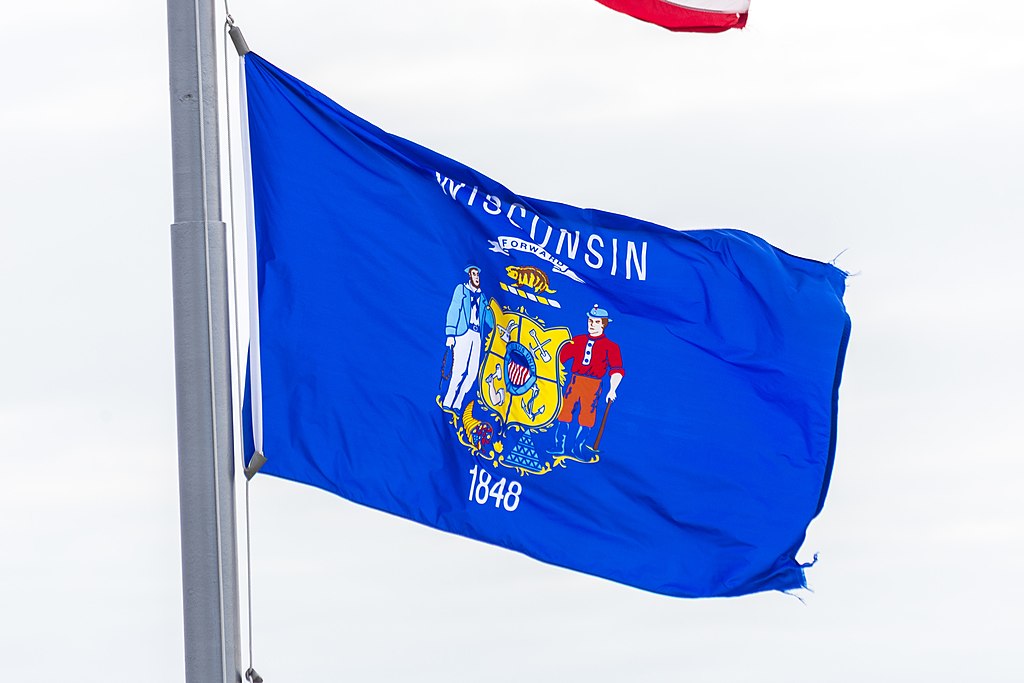
Following the 2016 presidential election, two states—Wisconsin and Nevada—conducted recounts after receiving requests from candidates. Neither recount changed the election outcome. Below is a brief look at those recounts, who requested them, and what effect they had on vote totals Wisconsin Green Party candidate Jill Stein requested a full recount in Wisconsin on Nov. 25,…
-
22 of Ballotpedia's 57 federal battleground elections taking place in states with automatic recount procedures
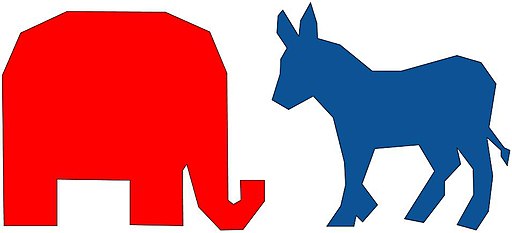
This November, 22 of the 57 U.S. House and Senate races Ballotpedia identified as battlegrounds are taking place in states where a close vote could automatically trigger a recount under state law. An automatic recount occurs if election results meet certain criteria laid out in state law. The most common trigger for an automatic recount…
-
What happened in two redo elections in 2020?

In 2020, Ballotpedia has identified two elections where the results have been voided and a redo election scheduled in their place: a city council election in Paterson, New Jersey, and a sheriff election in Iron County, Missouri. A redo election, also known as a revote or special election remedy, is the process of voiding election…
-
Share of incumbents defeated in contested primaries grows for third even-year cycle in a row
Ballotpedia’s annual state legislative competitiveness study shows that for the third even-year election cycle in a row, the share of incumbents defeated in contested primaries has grown. In the 44 states that held state legislative elections this year, 153 incumbents—61 Democrats and 93 Republicans—were defeated by primary challengers. Overall, 15.2% of the 1,016 major-party incumbents who faced…
-
Percent of U.S. House races contested by both major parties reaches a century high
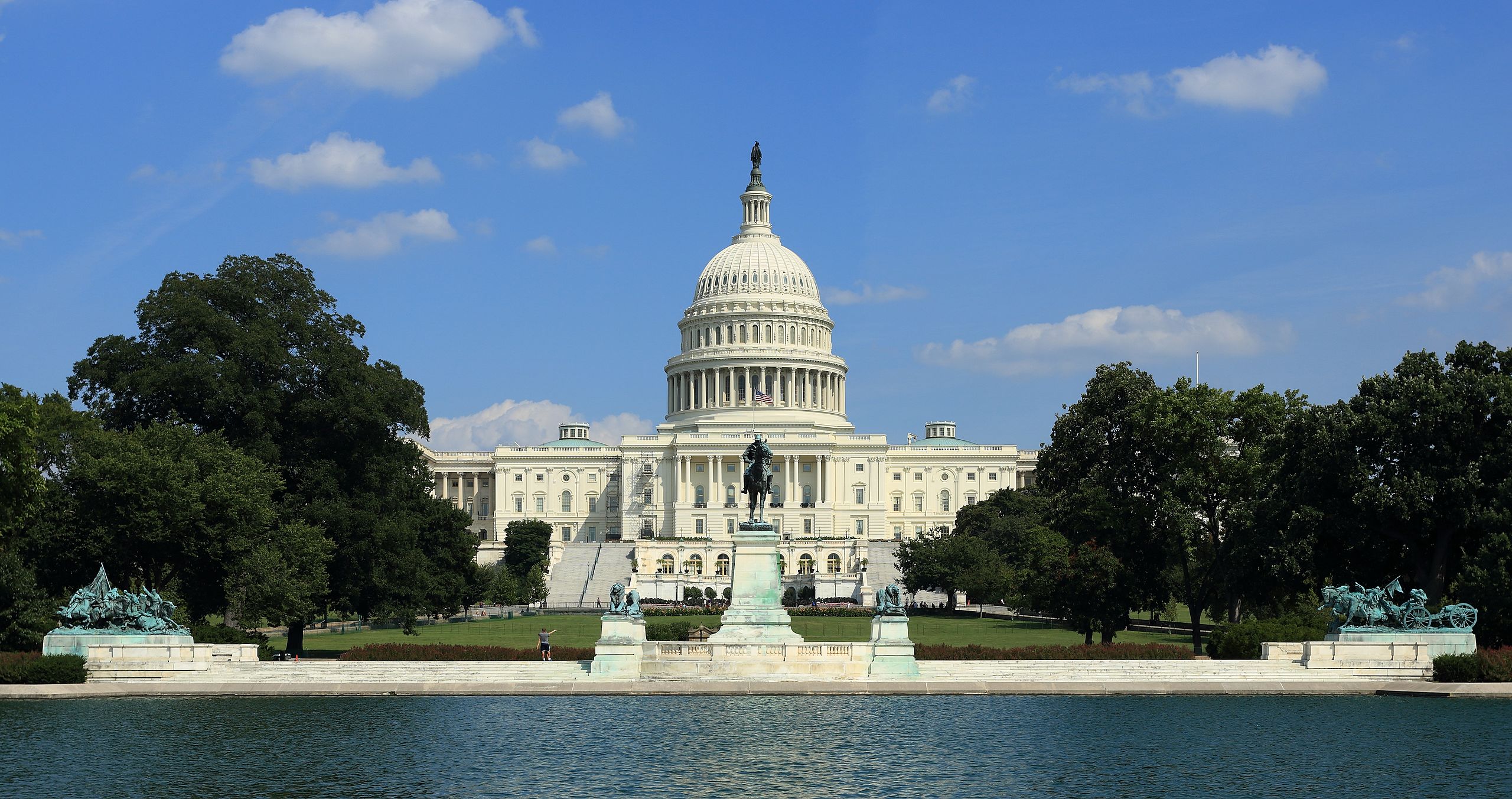
More than 95% of elections for U.S. House (415 of 435) in 2020 are contested by candidates from both the Democratic and Republican parties, according to Ballotpedia's Annual Congressional Competitiveness Report. This is an increase over the four preceding election cycles and the highest percentage of contested races for U.S. House since at least 1920.…
-
Kansas' state legislative Republican primaries alter the ideological makeup of GOP caucus
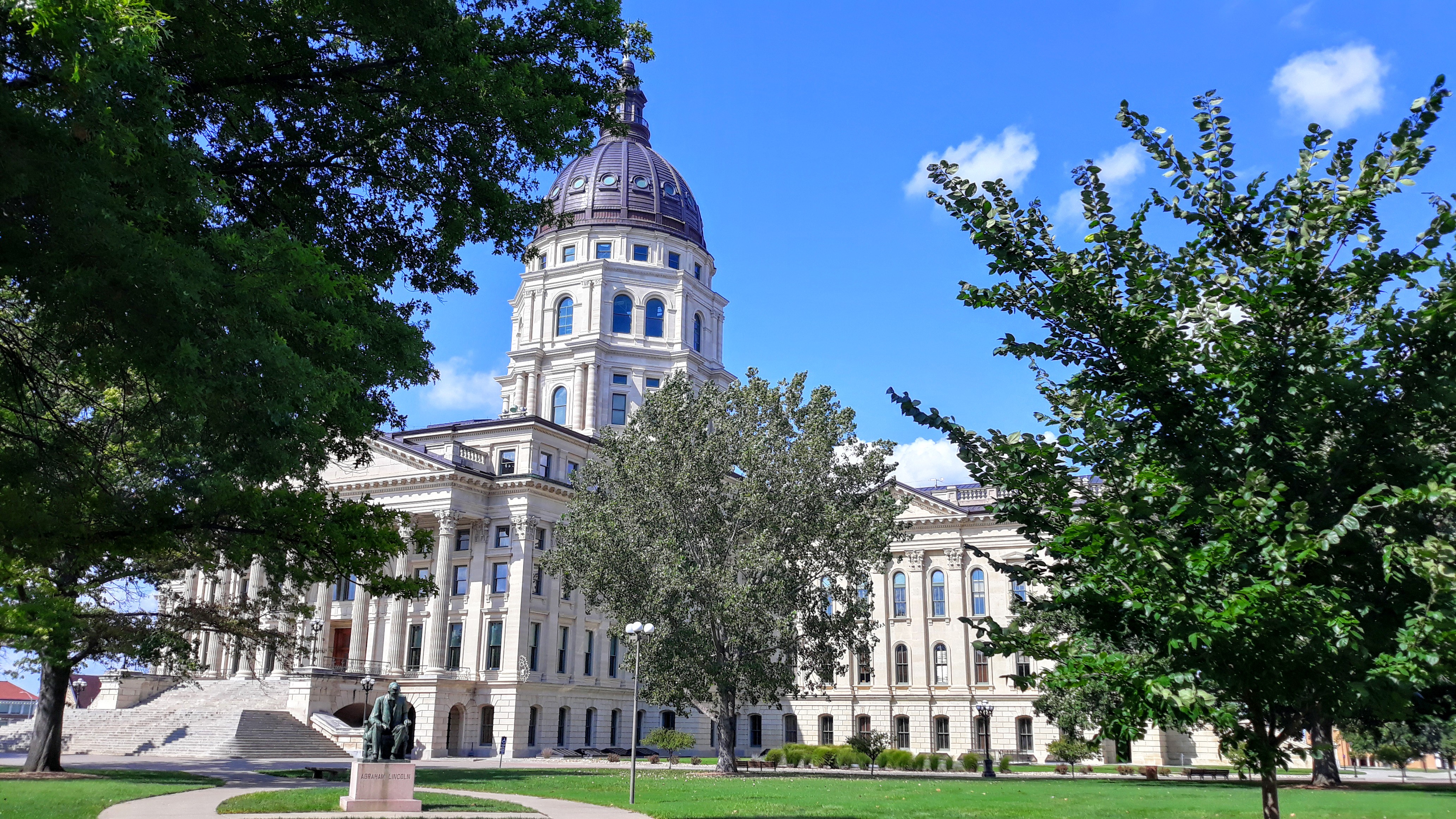
On August 4, 12 of the 28 Republican state legislative incumbents facing primary challenges in Kansas lost their primaries. These results could alter the makeup of the Republican caucus in 2021. Local media sources like The Wichita Eagle, Shawnee Mission Post, and The Kansas City Star identified nine incumbents whose primaries and defeats were representative…
-
All candidates in Michigan's 8th Congressional District election complete Ballotpedia's Candidate Connection survey

Rep. Elissa Slotkin (D), Paul Junge (R), and Joe Hartman (L) are running in the election for Michigan's 8th Congressional District. Voters can now read Candidate Connection survey responses from all three candidates. Ballotpedia asks all federal, state, and local candidates to complete a survey so voters can discover what motivates them on political and…

